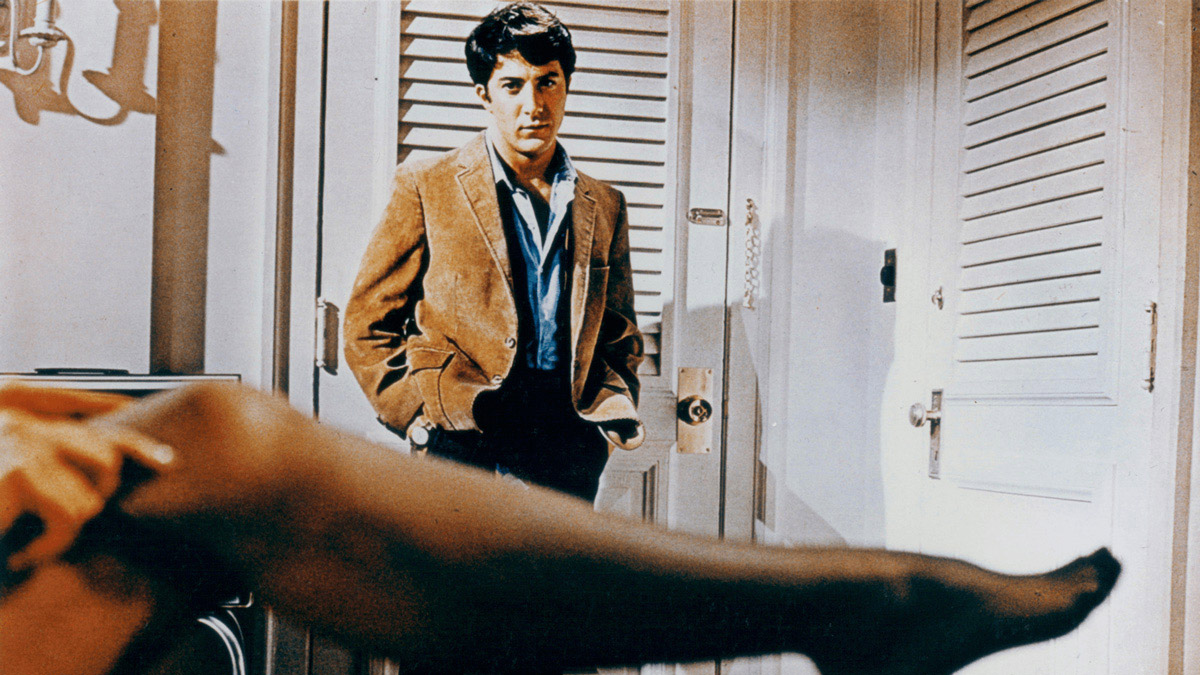
(c)Getty Images
A glimpse of Mike Nichols' directing techniques in American New Cinema ``The Graduate''
2019.05.15
*Information at the time of article publication in May 2019.
“The Graduate” synopsis
Benjamin, who The Graduate from university, ends up having an affair with Mrs. Robinson, a middle-aged woman who seduces him at The Graduate party. However, when her daughter Elaine appears, their relationship falls apart. At the urging of his parents, Benjamin begins dating his childhood friend Elaine, and gradually begins to fall in love with her. Meanwhile, Mrs. Robinson, who is jealous of the young couple, reveals their affair to her daughter.
Index
- American New Cinema revived in 4K
- Hoffman's ad-lib made Nichols laugh out loud.
- Technical direction that expresses the main character's feelings
- This is literally "American New Cinema"
- Why wasn't Robert Redford playing Ben?
American New Cinema revived in 4K
``The Graduate'' (67), which has been restored in 4K digital, is an ``Bonnie and Clyde '' (67) and `` Butch Cassidy and the Sundance Kid '' (69), which I previously wrote about on this site. It is categorized as "cinema". However, at first glance, the story of a boxed-up young man who has always relied on his parents for the first time, despite his parents' fierce opposition, begins to walk a new path of his own volition, is full of hope and is typical of so-called new cinema. do not have.
Still, the brutal atmosphere that pervades the entire film leaves a uniquely bitter aftertaste in the throat of the audience, despite the excellent comedy throughout. I think this 4K restored version is more than just a reprint of a masterpiece, it's because it has a theme that is relevant to today.
“The Graduate” preview
Director Mike Nichols, who gave this groundbreaking production, learned method theater under Lee Strasberg, and suddenly made his Broadway debut with ``Walking Barefoot'' (later made into a film in 1963). It won the Tony Award for Best Directing in a Drama. Her first film, Who's Afraid of Virginia Woolf (1966), won five Academy Awards, including Best Actress (Elizabeth Taylor)? At that time, the media praised Nichols as ``the second coming of Orson Welles,'' and the sexual expressions sprinkled throughout the film's dialogue were tolerated, and the Hays Code, the censorship system that had long restricted American films, released this film. It is also said that it was abolished at the same time. Nichols was a darling of American entertainment.

